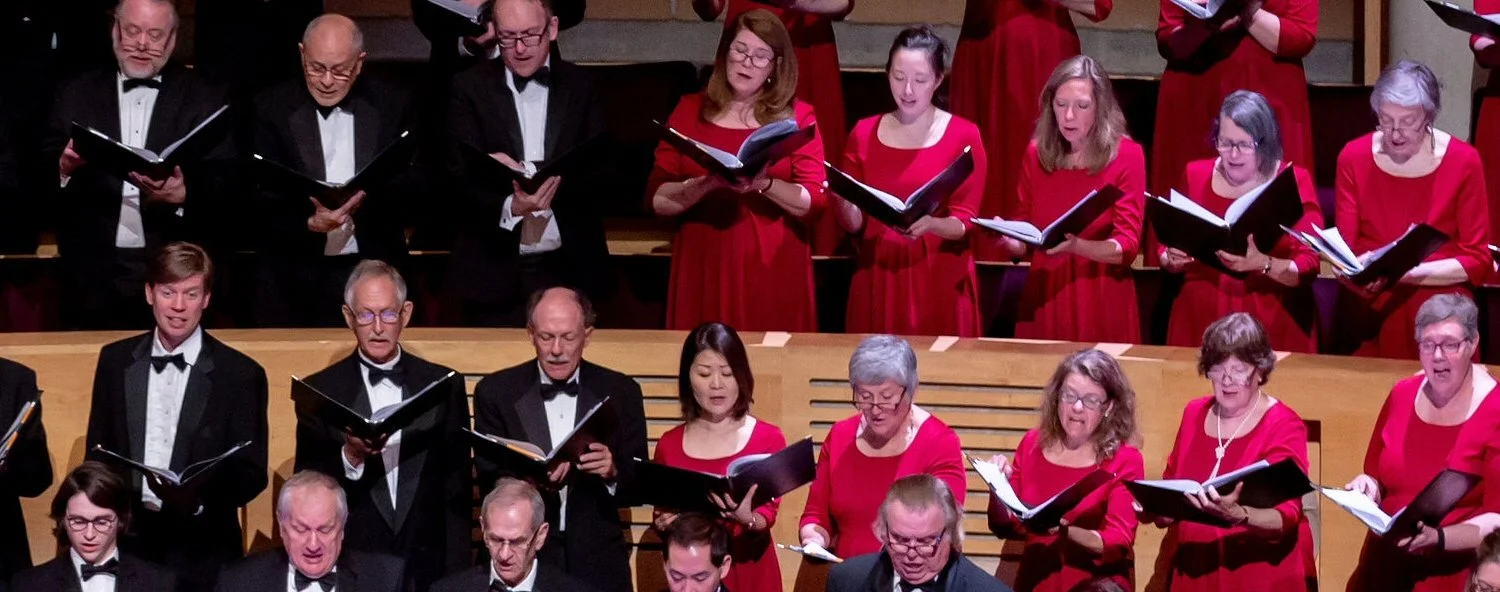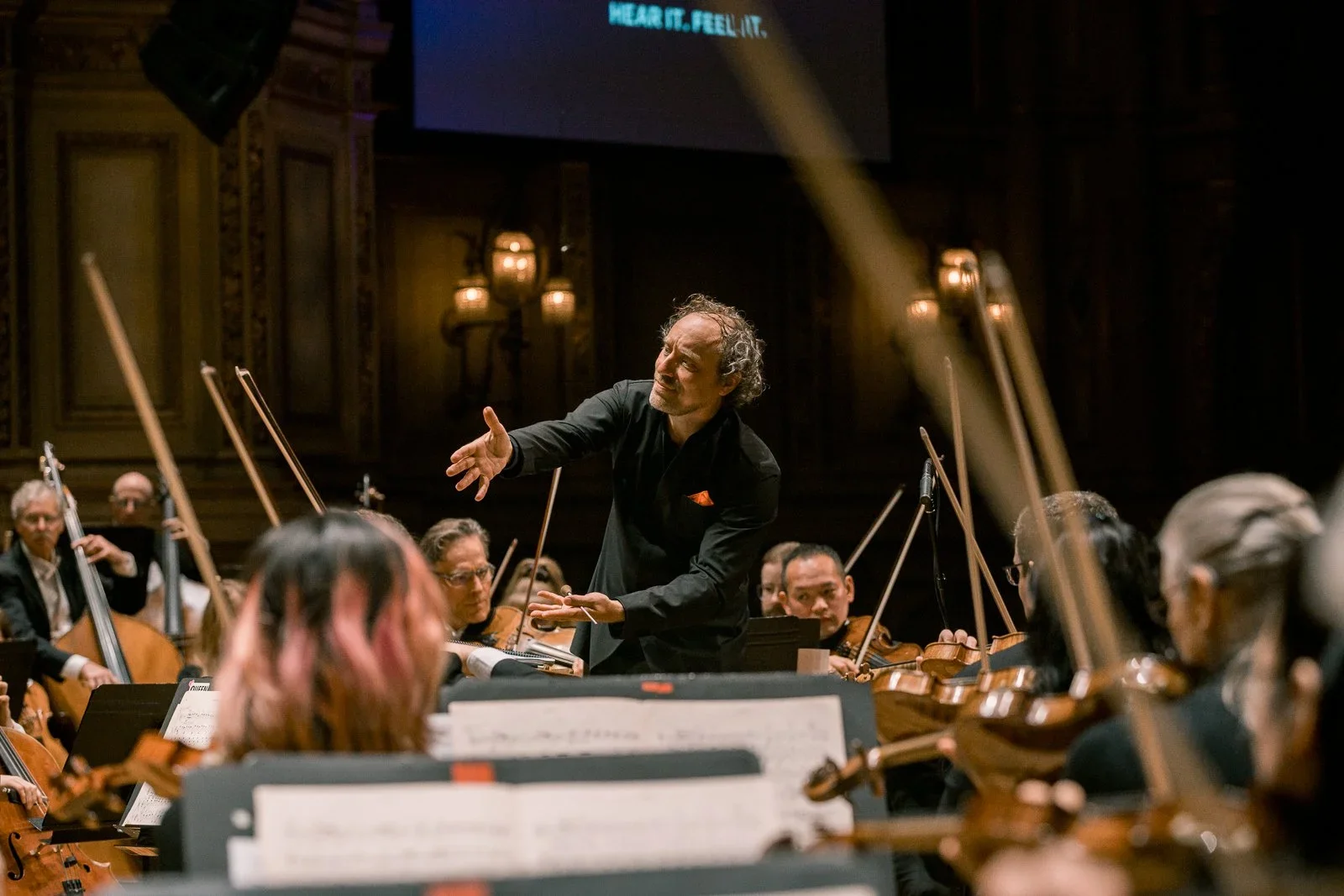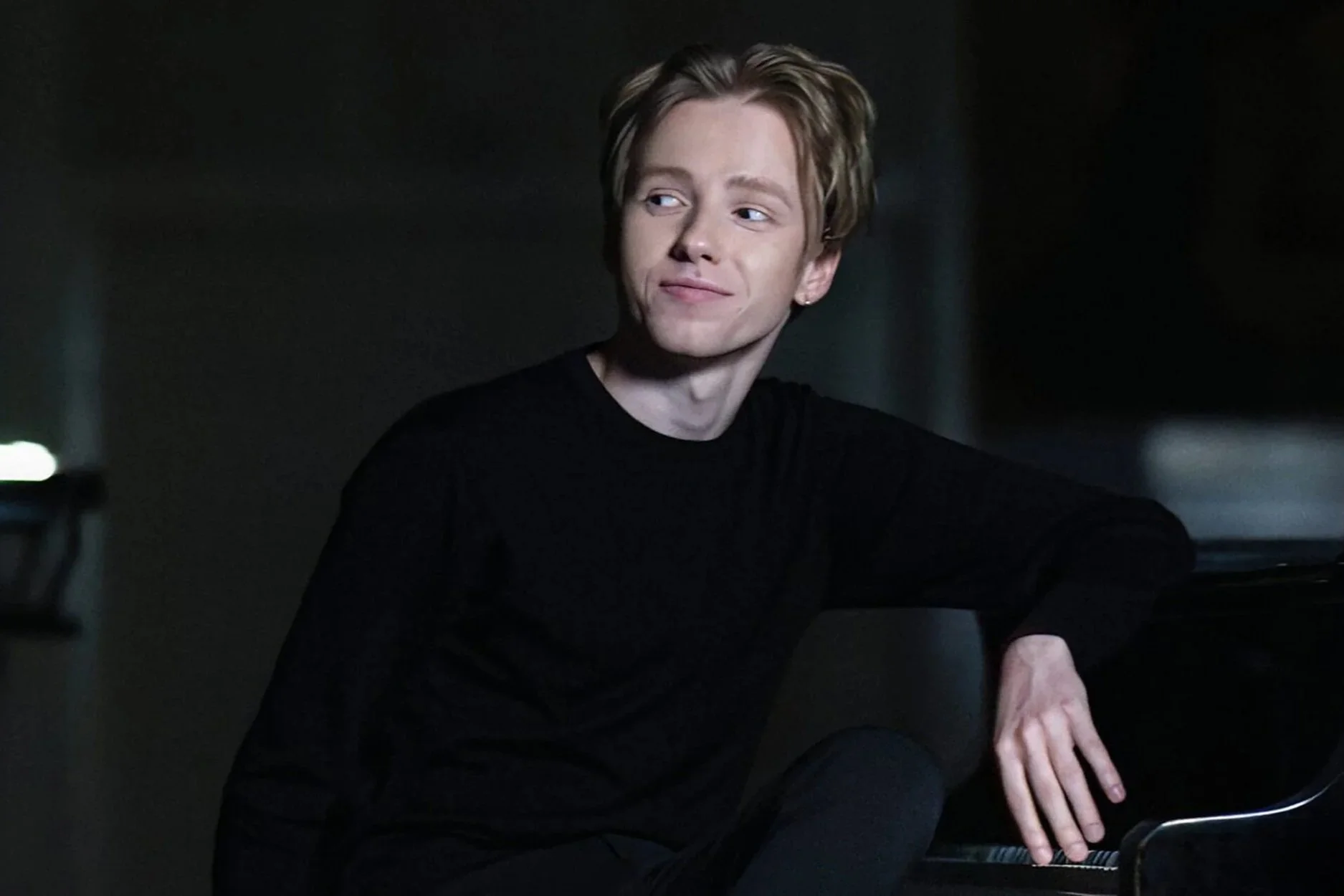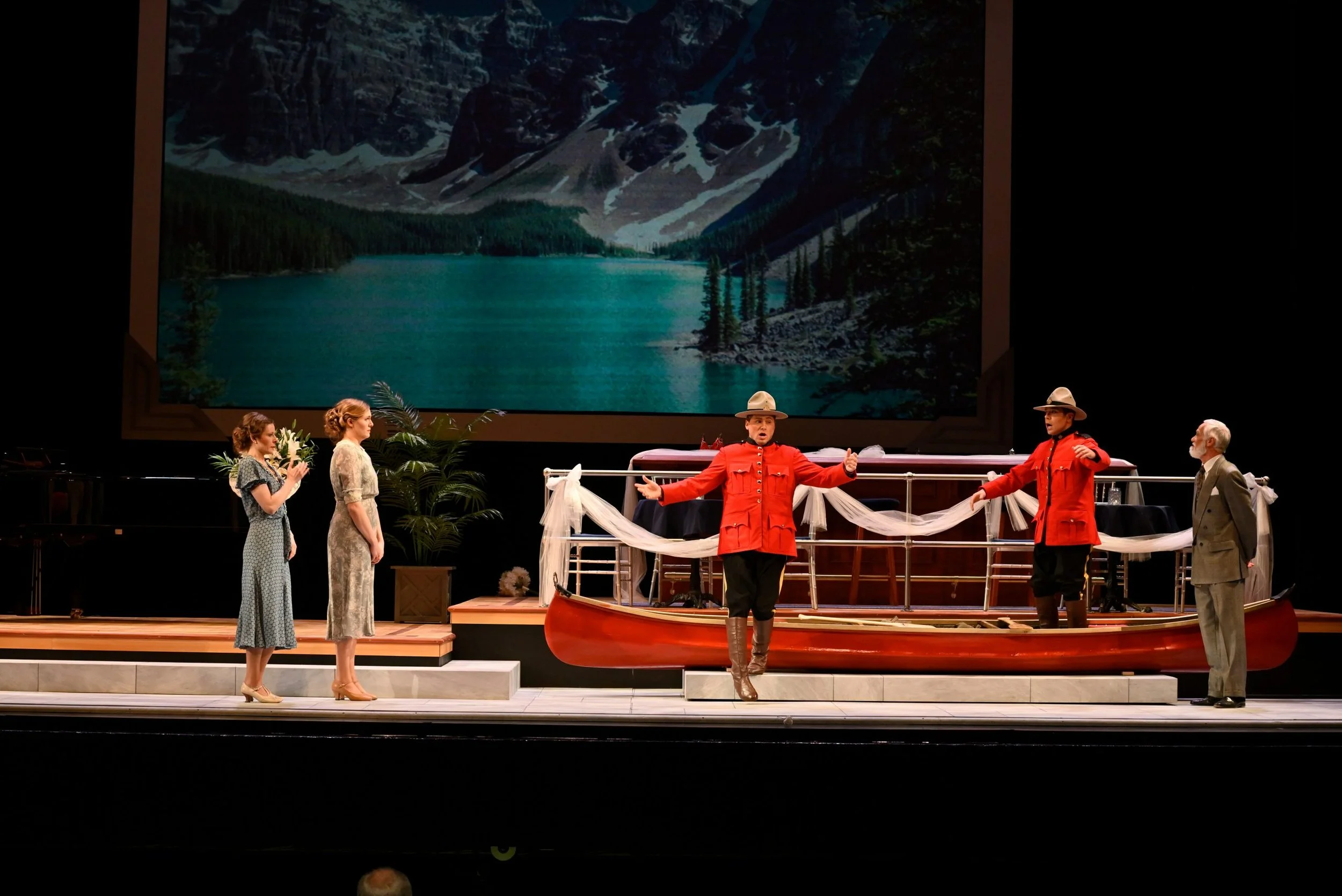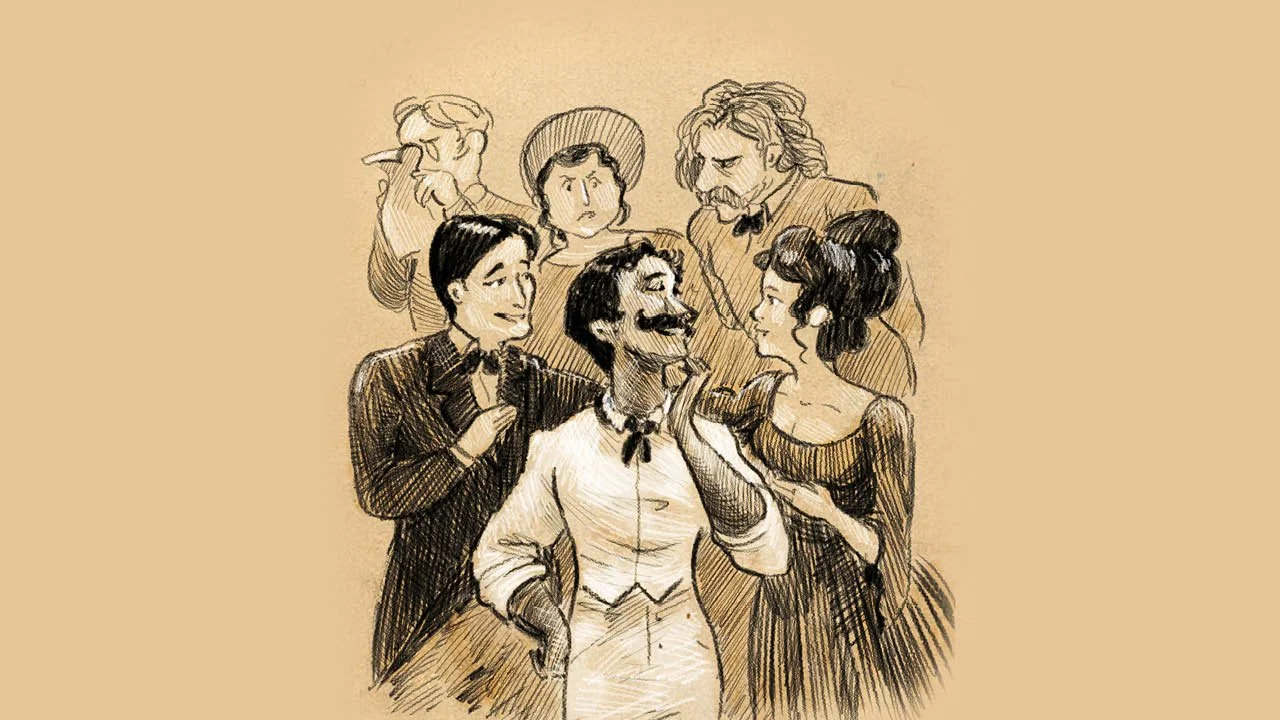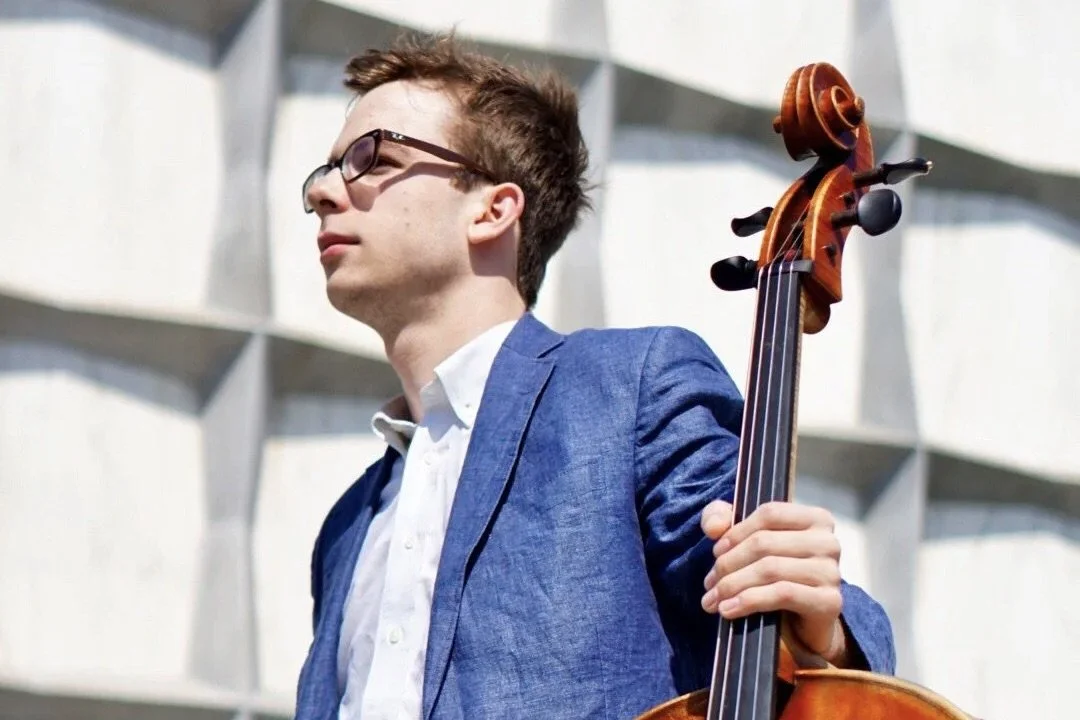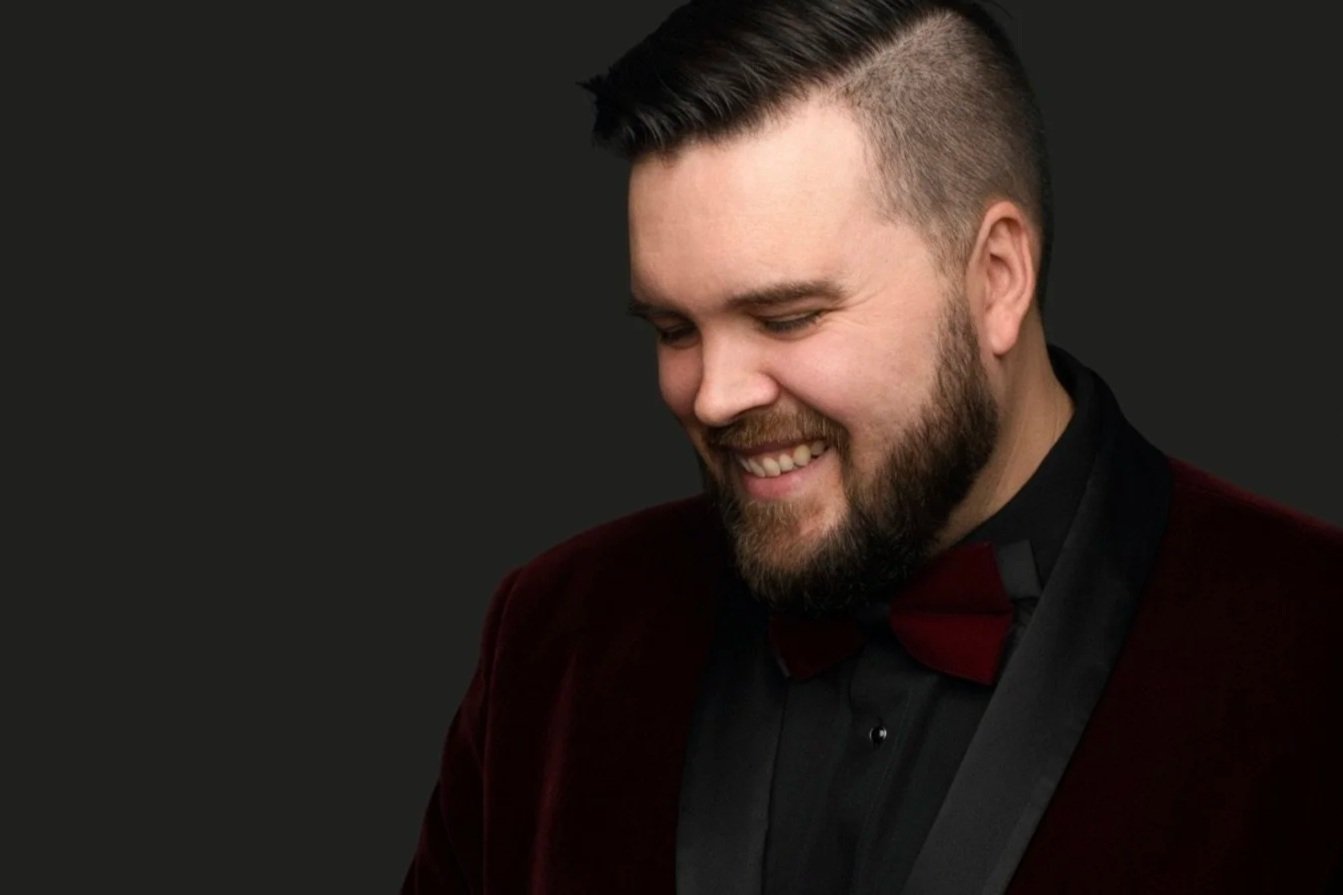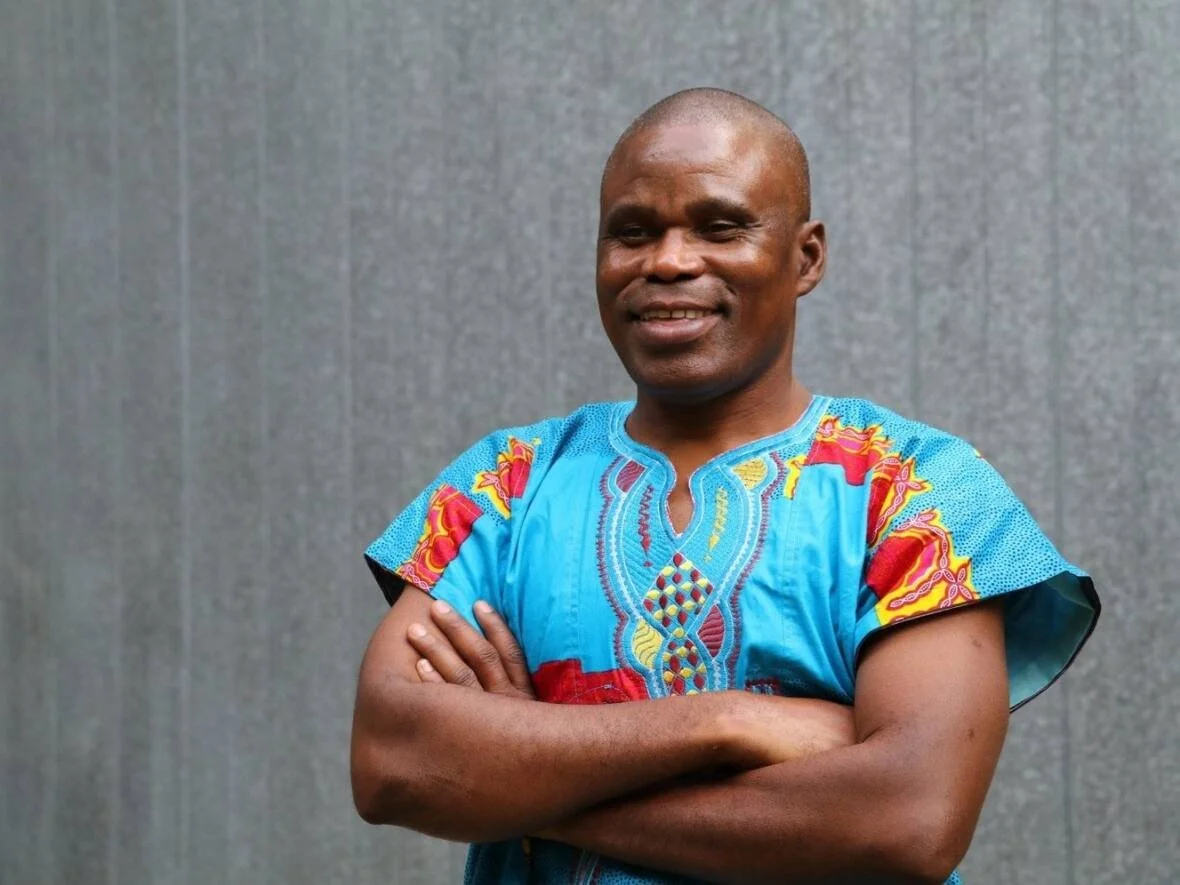Vancouver Bach Choir closes season with two epic works: neo-classical Symphony of Psalms and prog-rock Tubular Bells
Ensemble to perform the pieces by Igor Stravinsky and Mike Oldfield respectively with Fringe Percussion and Bergmann Piano Duo
Vancouver Bach Choir.
The Vancouver Bach Choir Presents Symphony of Psalms and Tubular Bells May 27 at 7:30 pm at the Vancouver Playhouse
VIEWED THROUGH THE lens of Igor Stravinsky’s illustrious life, Symphony of Psalms is very much a mid-career highlight. Written 17 years after the riotous debut of The Rite of Spring, it has only hints of that work’s Fauvist primitivism, but epitomizes instead the neo-classical idiom that Stravinsky developed before turning toward serialism in the late 1940s. In performance, however, it can be almost enigmatically mutable; writing in the Guardian, Tom Service notes that Stravinsky’s own 1963 recording of the work is “raw” and “visceral”, while Pierre Boulez’s 1996 reading emphasizes “Apollonian expression rather than Dionysiac dance”.
Asked which camp he falls into, Vancouver Bach Choir music director Leslie Dala says that he plans to side with the French faction.
“I think of Les noces, which we’ve done, as being brutalist,” he says in a telephone interview from his home. “That, to me, is the choral equivalent of The Rite of Spring, but I think Symphony of Psalms is very much going toward when he really got into the neo-classical thing. So I would go more with a sort of Apollonian approach. The writing, in itself, is less avant-garde and more sort of a look back, I would say. And also the middle movement, with that very intense fugue… I actually did a little interview with [critic and educator] David Gordon Duke last week, and he talked about the fact that he makes that second movement a sight-singing exercise and exam for his students at Vancouver Community College. I had to laugh, and I said ‘Well, I wish you’d send some of them over to join us!’”
Leslie Dala.
There’s little doubt that the Bach Choir, which has been under Dala’s direction since 2010, will be able to manage without student interns—although it will have to make do with radically reduced instrumental forces. Here, the choir will be backed by the Fringe Percussion quartet and the Bergmann Piano Duo. As Dala points out, he and pianist Marcel Bergmann had often talked about how they wished there was a version of the Symphony of Psalms for that combination, and then the Internet came to their rescue by locating pianist and composer Vyacheslav Gryaznov’s 2015 arrangement.
“I reached out to him and said ‘Can I get some information about how to get the rights, and royalties and parts?’” Dala says. “And a week later I got an email message from him with a Google doc that had everything inside it, and he said ‘Just feel free to use it at no charge. It’s all yours.’ So I thought this was a great opportunity.”
It was also an opportunity to revisit Bergmann’s arrangement of Mike Oldfield’s prog-rock classic Tubular Bells, which might seem like an odd choice for a choir named after Johann Sebastian Bach. The piece, however, was a huge hit when Dala and the Bach singers premiered it in 2017, and there are logical as well as logistical reasons for Oldfield to share a bill with Stravinsky. When the British multi-instrumentalist was a teenager, he enjoyed an informal apprenticeship with the composer and pianist David Bedford while the two were playing together in singer-songwriter Kevin Ayres’s band. (Bedford later returned the favour by arranging an orchestral version of Oldfield’s overdubbed studio creation.) In composing Tubular Bells, Oldfield was obviously inspired by early minimalism, especially the work of Terry Riley, while some aspects of minimalism are foreshadowed in the Symphony of Psalms’ opening movement.
Further links will be suggested by the English composer Jonathan Dove’s Ring Out Wild Bells. “We didn’t put that on the poster because it’s a short, five-minute work,” Dala says. “To me, the Dove is not minimalist, but there are elements of minimalism in his writing, and of course that leans very much on the Oldfield. And the Oldfield also has certain elements that are Stravinsky-inspired, in terms of the rhythmic play. Which, again, is way more at the front in something like Les noces than it is in Symphony of Psalms, but nonetheless it comes from the same stream.”
There’s another and even more apposite reason for the Bach Choir to close its 2022-23 season with the Symphony of Psalms, and it can be found in one of the three Biblical texts that Stravinsky opted to set. With its references to delivery from “the pit of misery and the mire of dregs” and “a new canticle”, Psalm 40 seems to speak directly to a year in which, after the uncertainties and postponements of the pandemic, the choir has returned to its full and glorious splendour.
“Now that you put it that way, it is kind of the perfect season-ender for us,” Dala observes. “We opened the season with the world premiere of a piece that we’d commissioned from Canadian composer Frank Horvat, which was called Memories of Self-Isolation. Basically, it was a look back [at lockdown]. We solicited texts—we put out an open call, people submitted poems, and Frank chose a number of them to set for an eight-movement piece. That having been our sort of first big show of the year, thank you for pointing out that things work in mysterious ways! It’s a completely different reflection on the same thing, really.
“I would never have made the connection with the psalm, the idea that we’re coming out of something, but it really does resonate,” he adds. “And it should be a really joyful and upbeat way to end the season.”


